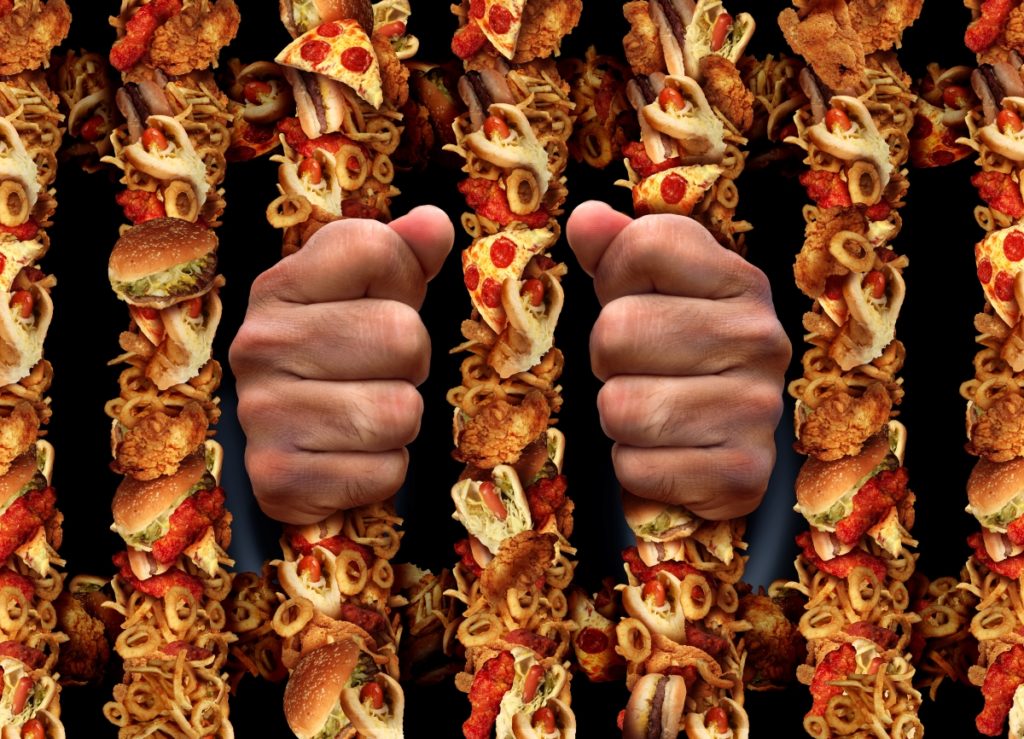Are you guilty of hedonic eating?

Hedonic eating – what exactly is this?. Sounds kind of scary, doesn’t it? Would you be surprised if I said a large percentage of the population indulges in this daily? Possibly even you? In fact at a recent seminar about weight loss I attended – I found myself grinning at a friend/colleague joking that I am a hedonic eater – I LOVE food, she laughingly agreed! Hedonic eating is when we eat for pleasure, instead of to fuel ourselves.
The conversation centred heavily around the brain’s involvement in eating patterns. The latest research has indicated that in our current society, people eat more for the pleasurable feelings they receive from food rather than from their need to nourish and fuel their body.

Why is this – what is going on? It is partly to do with certain brain chemicals, notably dopamine, which are associated with feelings of motivation and reward. The release of dopamine is not restricted purely to enjoying a delicious meal, but it is also released during any situation that triggers the same feelings. So, if you are a competitive sportsperson, for example, you will be motivated by the excitement of the competition and the drive to win, followed by the rewarding feeling you experience when your hard work pays off and you win your event. Dopamine is also triggered in the case of addictions, regardless of whether that addiction is drug related, poker machines, or something like online gaming. Any activity that triggers the motivation/reward cycle will stimulate dopamine release.
In the case of eating, it has been found that calorie rich foods trigger a greater release of dopamine. Since the 1970’s, our daily calorie intake has increased by 400-600 calories. This surplus in calories each day can contribute to obesity.
In our evolutionary past, humans were at risk of starvation. Thus, hunters and gatherers who stumbled across a surplus of food ensured their survival, and a strong release of dopamine that motivated them to continue to search for more food and overcome the risk of death by starvation.
This reward cycle trained our brains to seek out food, and the more calorie dense, the better, since this had a stronger chance of ensuring survival.
Despite the fact that we have a large surplus of food today, our brains haven’t yet caught up, and still seek out food as if we were at risk of starving. The preference for calorie dense food continues as well, with more dopamine being released in response to these foods than food that is less calorie dense.
The research indicates that people who are overweight release more dopamine in response to these types of foods than people who are leaner.

This sounds a lot like the ‘food addiction’ argument, and it kind of is. Essentially our neurochemistry is driving our eating behaviours, and the very foods we crave are driving our neurochemistry. To add fuel to the fire, a specific combination of foods is particularly concerning for triggering this hedonic eating pattern.
We often hear about sugar being an addictive substance, and that can be true. However, the research indicates that any macronutrient can become addictive. In particular, a combination of fats and sugar in the one food or the one meal triggers a surge of dopamine and the resulting addictive, hedonic eating pattern.
So what can you do if you realise you have a hedonic eating style?

We know that simple diet changes can be helpful, such as being aware of avoiding the fat and sugar combination. This can help break the addictive cycle and allow you better control over your food cravings.
My colleague and I spoke about this again a couple of weeks later and commented that we have both become more aware of our own eating behaviour since the seminar. We resolved to start our own eating plans based on resetting our eating patterns… to be the guinea pigs for our own research, so to speak.
As a result, I have developed a program to help people reset their eating patterns to inspire a better relationship with food and lose weight at the same time – the same program that I have tested (and continue to test) myself. It’s both insightful and health-promoting at the same time, and I’m enjoying the process, I have found it easier than expected and said bye bye to 3kg already, in 2.5 weeks!.
If you’d like assistance with weight loss and identifying your eating patterns, my Lighten Up Your Life Program is designed specifically to help you. Based on the latest science and now my own personal experience, this program is designed to help you change your brain chemistry to override the hedonic eating style.
This program offers meal plan suggestions, recipes, and coaching to guide you every step of the way through your weight loss journey.
Why not hop on a free call with me today and let’s chat about how the program can help. Book your call here.
References:
https://www.ncbi.nlm.nih.gov/pubmed/28898979
https://www.ncbi.nlm.nih.gov/pubmed/23549309
https://www.ncbi.nlm.nih.gov/pubmed/22442194
https://www.ncbi.nlm.nih.gov/pubmed/22406348
